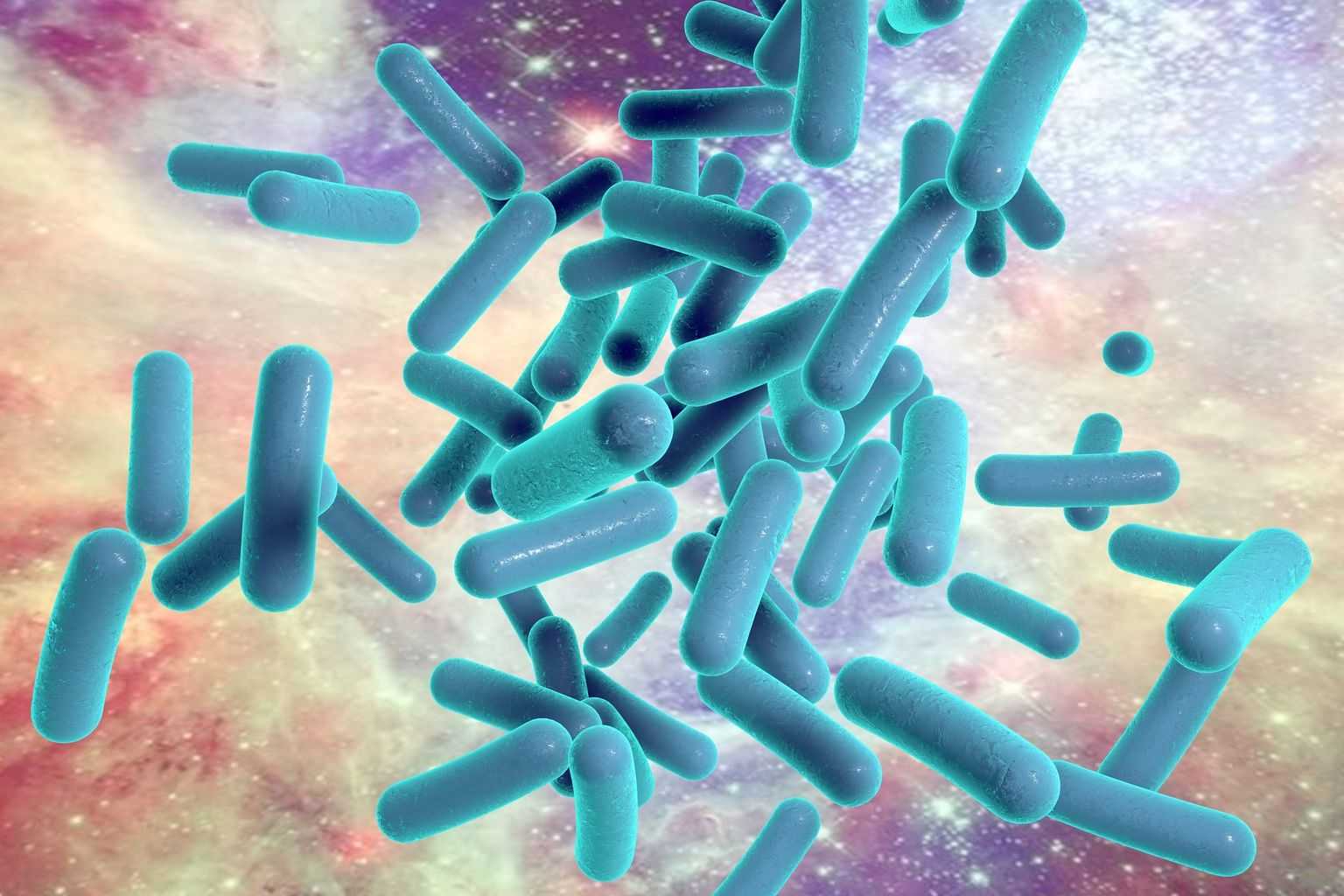
[cmamad id=”5230″ align=”center” tabid=”display-desktop” mobid=”display-desktop” stg=””]
There are various theories about atherosclerosis.
One theory is that low metabolism and high amounts of polyunsaturated fatty acids (PUFAs) in our diet cause it.
In case you’re new to our newsletter, PUFAs come from vegetable and seed oils such as corn, soy, nuts, and so forth.
Before we started using a lot of PUFAs, we didn’t have so much atherosclerosis.
In the 19th century, it was quite rare.
And eating food purely for consumption was very uncommon.
Even today among people that do not consume vegetable and seed oils, there is very little atherosclerosis.
However, there is certainly a factor that could be even more important.
That is the discovery of nanobacteria and their kissing cousins, Mycoplasma.
So today, we’re going to study this new discover that nanobacteria cause hardening of arteries and calcium heart failure.
Since this calcification of coronary arteries causes heart failure and death, this new discovery could save some lives.
Nanobacteria are tiny bacteria that prey on our cells.
And they have hard cell walls made of a substance kind of like chalk.
That shell-like cell wall contains phosphates and calcium.
So in places where a lot of calcium builds up in the body, it seems that there are often nanobacteria there.
[cmamad id=”5231″ align=”center” tabid=”display-desktop” mobid=”display-desktop” stg=””]
This happens in places such as in the artery walls where you have atherosclerosis or hardening of the arteries.
Since nanobacteria a bacteria, it’s natural for some doctors to try to treat hardening of the arteries with antibiotics.
However, antibiotics themselves don’t work very well against nanobacteria.
The hard shell of the nanobacteria prevent the antibiotic from working.
So to get through the hard cell wall, doctors have administered EDTA to help the antibiotic break through.
EDTA stands for Ethylenediaminetetraacetic acid.
Chelation and other treatments use this compound that clears limescale and calcification.
EDTA cannot be absorbed by swallowing it, so it must be given either intravenously or rectally.

Frankly, this is one of those studies that is designed to sell some type of proprietary supplement.
It’s just like most other studies which are designed to sell some big Pharma chemical.
But putting all that aside, the study includes about 100 people.
Many of these people had hardening of the arteries.
The researchers gave these people EDTA and tetracycline together.
And then researchers studied their arteries.
One problem with this study is that many people failed to show up after a while.
So there were only 77 people who actually completed the entire study.
But we can still draw solid conclusions from their results.
57% of the participants had lower atherosclerosis with the average decrease being 14%.
But about 44% showed no response at all.
What’s more interesting is that symptoms of angina were decreased or eliminated in 16/19 patients.
This might be one of the most important findings!
But that doesn’t mean you should go out immediately and try this.
I wouldn’t go running out to find a doctor who’s going to follow this therapy.
However, it could be useful to consider it in some cases.
If you have some kind of stones or calcification in your body, and it’s not responding anything else, this might be useful.
You might want to consider talking to your doctor about this treatment of EDTA and tetracycline.
This might include recurrent kidney stones or penile fibrosis that are not responding to other means.
Or if you have calcification in the arteries that isn’t responding to the usual treatments.
If you’re trying to figure out how to get rid of heart disease, it could be worth exploring this treatment.
Personally, I believe that these problems are more responsive to other therapies such as vitamin K2.
But for some people, it may be useful to take the nanobacteria attack route and try EDTA and tetracycline.
I wish I could be more encouraging about it, but sometimes problems just aren’t easy to fix.
But this treatment may be one of the things that fixes it for some people.

http://www.sciencedirect.com/science/article/pii/S0928468004000793

Leave a Reply